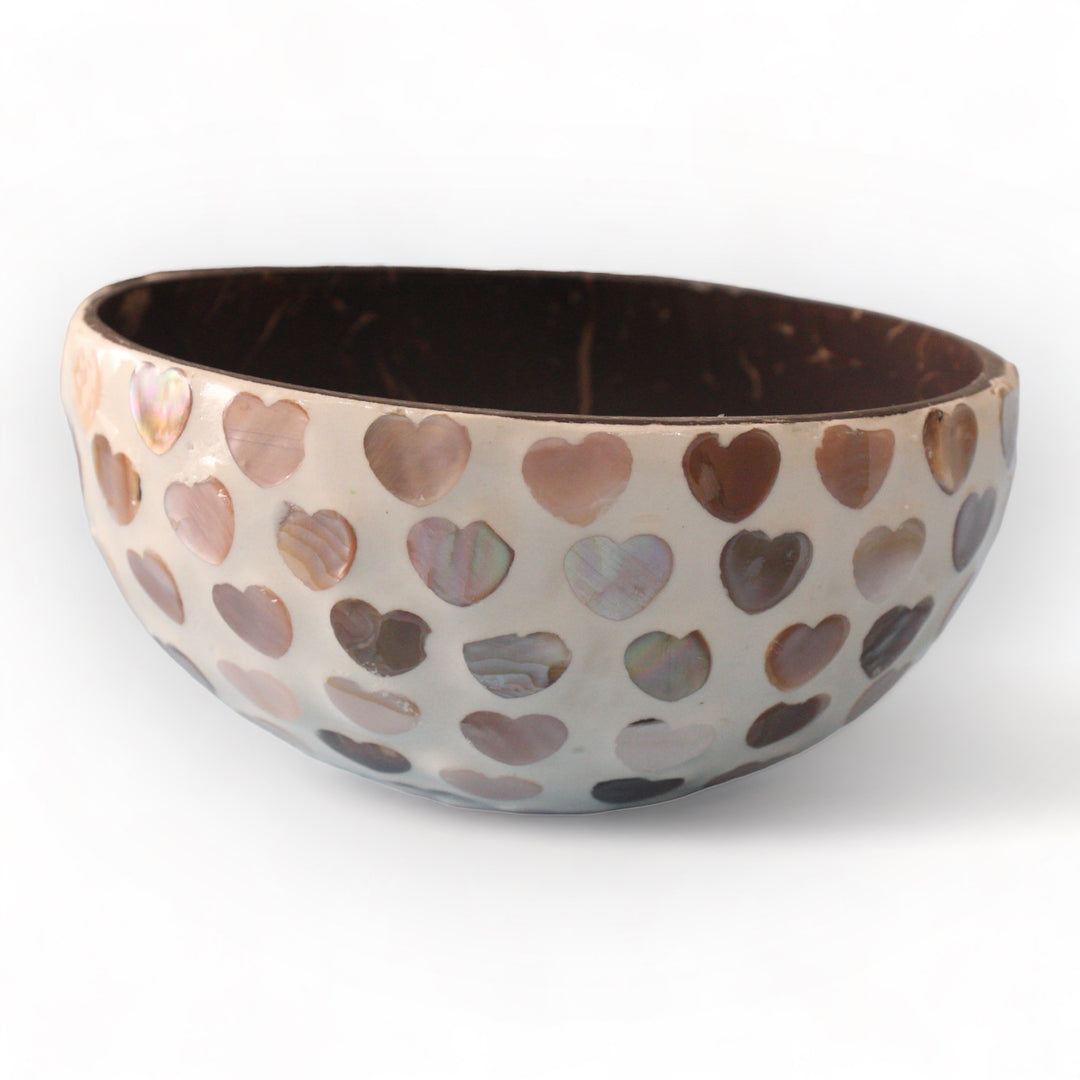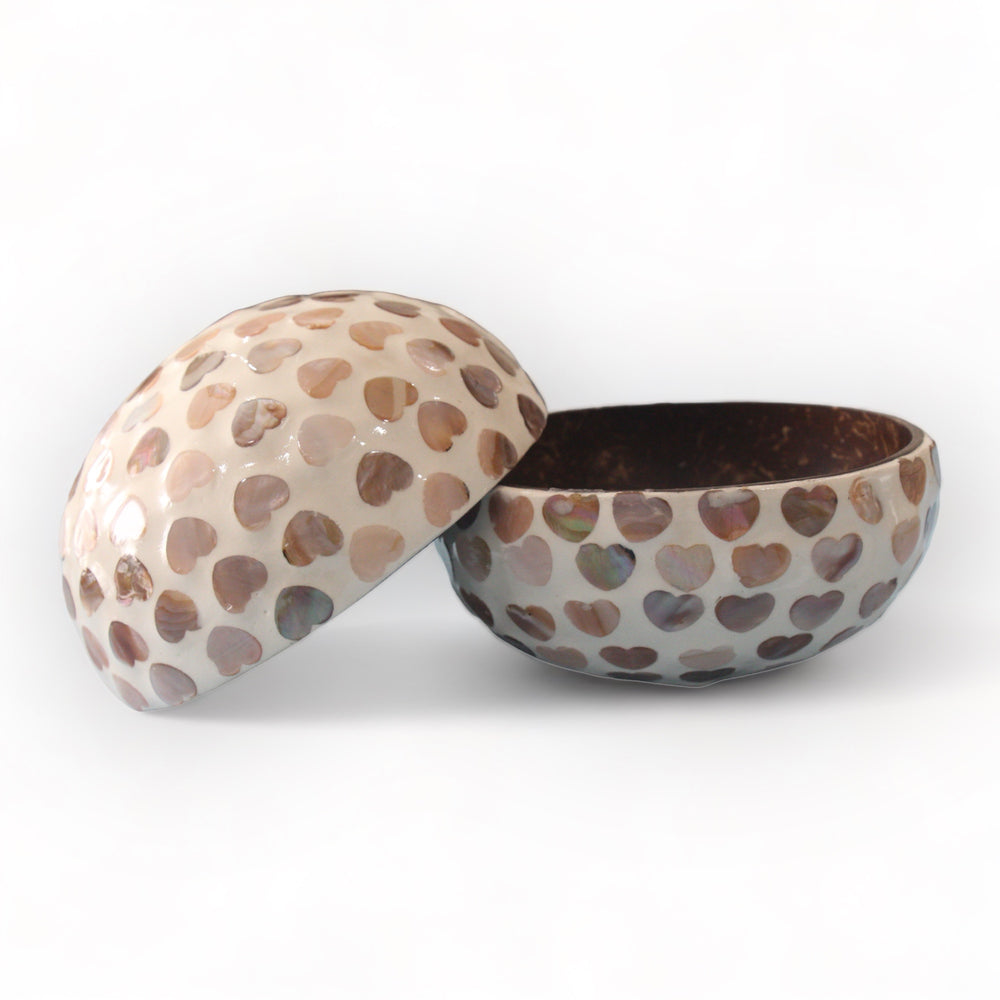About Us
In India, every state and region has its own unique art and skills, and these centuries-old knowledge is deeply embedded in our culture. Seen as the backbone of Indian’s non-farm rural economy, handicrafts account for 15-20 percent of the country’s manufacturing workforce.
While there has been a growing demand for handicraft products both in domestic and international markets, most of the artisans live in rural areas and are unable to cash in on the opportunity. The artisans of Cape Comorin have kept the historic art form of coconut shell crafts alive for generations. However, with the boom in industrialisation, craftsmen couldn’t compete with large-scale companies that produce mindless plastic and other unhealthy kitchenware, resulting in their survival being at risk.
To rescue their profession and bring authentic handmade designs to the people, Comorin Coconuts, a home-grown company has taken a step forward to utilise their creative minds and providing them with employment opportunities and better livelihood.
The utensils are made from ‘Eathomozhy tall coconut’ variety of coconut trees that are found only in Cape Comorin, India (Geographical Indication of Goods Tag No. 110 of Registration and Protection Act, 1999). The reason for using this variety for our utensils is because these coconuts have a thicker shell and is also very durable.
Coconut shells also have a number of health benefits. When you cook in a coconut shell, the natural fibre content present in the shell automatically gets infused in your food and helps in weight loss and also helps in reducing cholesterol level. According to health experts, coconut shells are packed with nutrients and minerals that are beneficial for your stomach. It is suggested that when suffering from digestion issues like constipation, try using coconut shell as natural cutlery and the fibre and vitamins A, D, E, and K content present in these shells will slowly improve your bowel movements.
While coconut husks (the “hairy” outside of the shell) make a good substitute for charcoal and are often used as fuel, the smoke from the burning shells leads to an increase in methane and CO2 emissions and pollutes the air. 99% of the world’s coconut shells are thrown out and burned each year. It’s a tragic waste of natural resources and of a sustainable material that lends beauty and practicality to any table. Coconut shell utensils are a simple way to not only prevent the waste of a useful resource but also prevent harmful gases from being released into the air from burning husks and shells.































